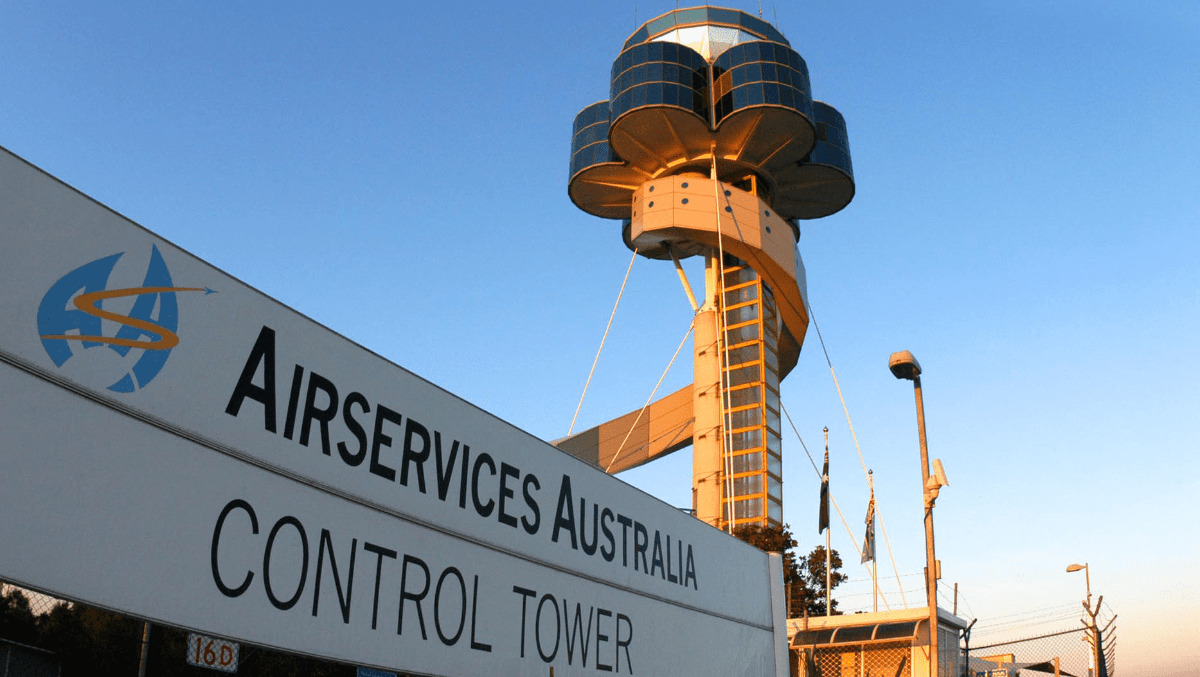
Federal Transport Minister Catherine King has appeared to acknowledge that Australia is short of air traffic controllers – despite the organisation responsible stating it has enough staff to run its network.
Speaking to Murray Jones on 4CA Cairns on Tuesday, Minister King said, “We lost a lot of air traffic controllers. A lot of them took early redundancy because with the planes not flying, the work wasn’t there, and the income wasn’t coming in, so they took early redundancy, so [we’re] trying to get more air traffic controllers.
“So, the system is still constrained by the sort of after-effects of COVID, what happened with all of that shutdown, so it’s sort of understanding where the sector’s at, at the moment and what we need to do going forward that, you know, has to also factor into many of our decision making.”
It comes amid a row over whether or not Airservices Australia, the organisation responsible for ATC, has enough employees following hundreds of occasions over the last year where it has effectively shut down a significant portion of airspace.
Airservices had previously said it has 100 more air traffic controllers than it requires to operate Australia’s network and said the shutdowns were a result of a “short-term” and “unplanned” leave of controllers.
Minister King’s comments follow Airservices CEO Jason Harfield earlier this month acknowledging his organisation is not delivering the levels of service required.
“Our industry is now experiencing a rapid recovery while still facing significant volatility and the ongoing disruptive effects of the pandemic,” he said.
“Traffic patterns and the rate of recovery has not been uniform across the Australian network. Regional airports which service domestic leisure demand, interstate migration, and mining regions are experiencing strong growth. In contrast, despite a high rate of recovery, international operations at the busiest capital-city airports are still 30 per cent below pre-pandemic levels.
“In navigating these challenges, regrettably, Airservices has not consistently delivered the service standard we expect of ourselves and relied upon by our customers and stakeholders.
“While aviation safety performance has been maintained, the efficiency and consistency of the network, at times, has been impacted and constrained, hampering the recovery.”
Airservices has consistently maintained it has enough staff despite hundreds of occasions where aircraft were forced to communicate with each other rather than relying on instruction from controllers.
The ATC operator previously said it expects around 80 new trainees to become operational in the 2024 financial year and is recruiting a further 140 for 2025, after which it plans to recruit an extra 80–140 trainees per year.
“Airservices employs more than 900 ATCs, 97 per cent of which are in operational roles. Airservices only requires about 800 ATCs to fully staff the ATC network,” said a spokesperson for Airservices in a statement previously.
“Rosters are tight in some areas as a component of the ATC workforce are currently unavailable for operational duties. These staff are either on long-term sick leave, parental leave, training for other ATC positions, or working on a project.”
















